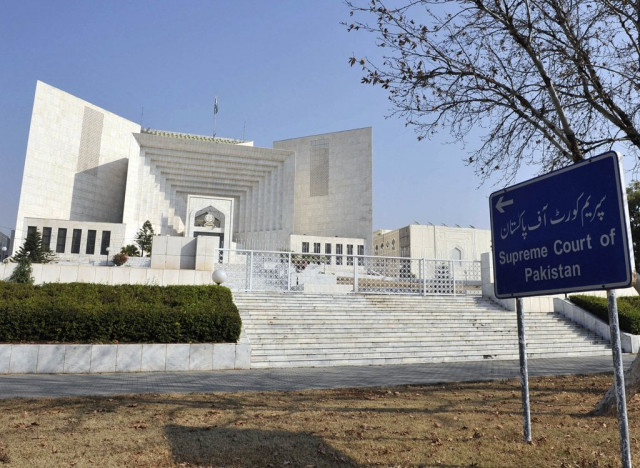Lawmakers don’t have unlimited discretionary powers: SC
Apex court issues detailed judgment on pleas against Sindh Local Government Act

The Supreme Court has ruled that the Constitution did not give lawmakers unlimited discretionary powers over state institutions, stressing that discretionary powers must be exercised honestly and in a transparent manner.
The apex court on Saturday issued a detailed judgment in a case regarding local bodies in Sindh. The 58-page judgment was written by former chief justice Gulzar Ahmed. The case was decided by the Supreme Court on February 1.
In the judgment, the then chief justice said that the rights enshrined in the Constitution could not be done away with by any law. He added that any action in violation of basic human rights would be considered illegal.
The verdict said that the autonomy of local governments was fundamental to governance. It mentioned that many local governments in the world had more authority than top administration, saying that empowered local governments played an important role in the economic development.
The ruling stated that the role of local governments was also crucial in a democracy, as the local governments were responsible for education, health and law and order, therefore, the local government required a directly elected assembly of the people.
The court described any administrative control over local governments as a blatant violation of the people’s rights. It declared that articles 74 and 75 of the Sindh Local Government Act (SLGA) were in conflict with the Constitution.
It said that the purpose of Article 140 of the Constitution was to empower local governments and the constitution gave the local governments political, financial and administrative responsibilities. Therefore, it said, the Sindh government should change all the laws in accordance with Article 140A.
The Supreme Court said that under the Constitution, every province was bound to form local government. In the SLGA, the provincial government had the power to take control of the local bodies. Under the law, it was possible for the Sindh government to take control of all institutions one by one.


















COMMENTS
Comments are moderated and generally will be posted if they are on-topic and not abusive.
For more information, please see our Comments FAQ